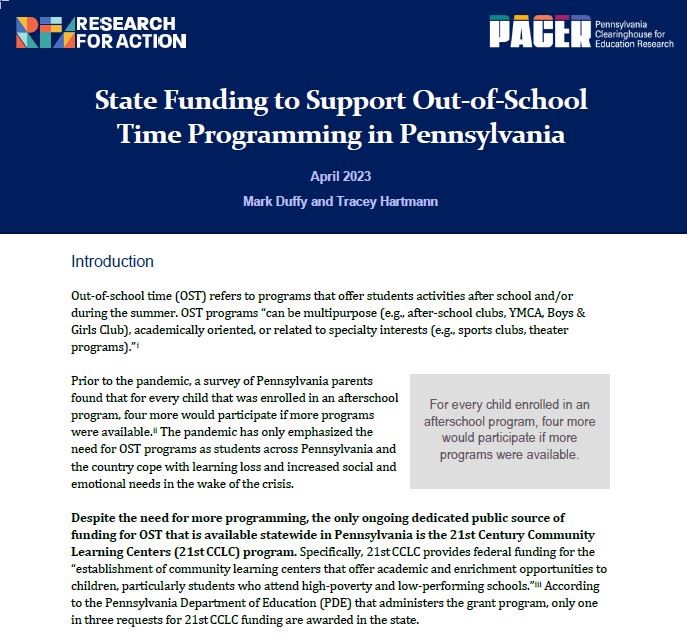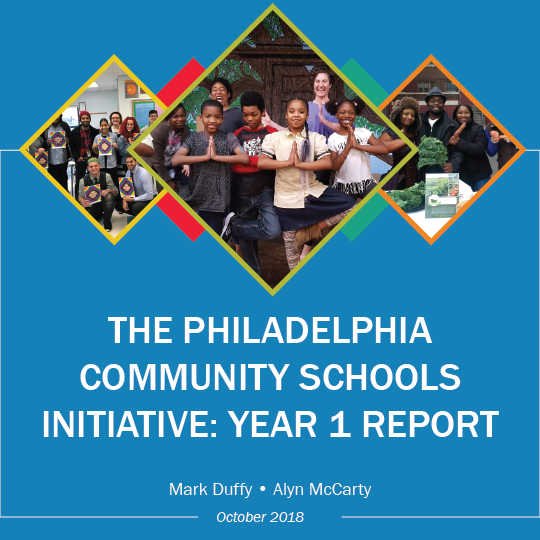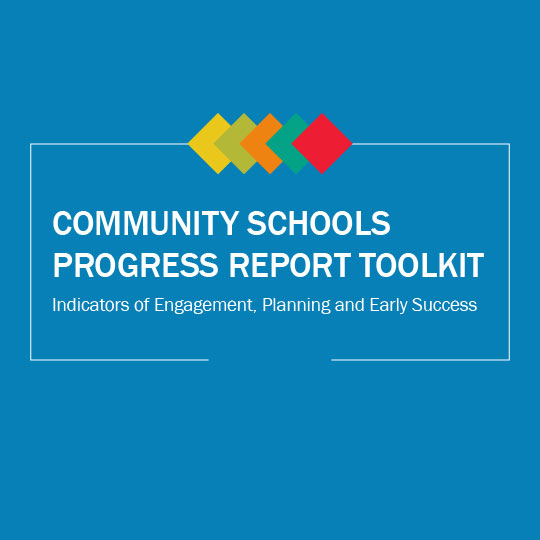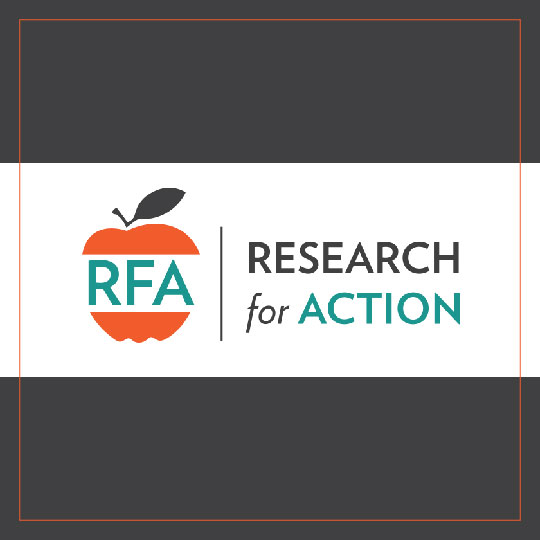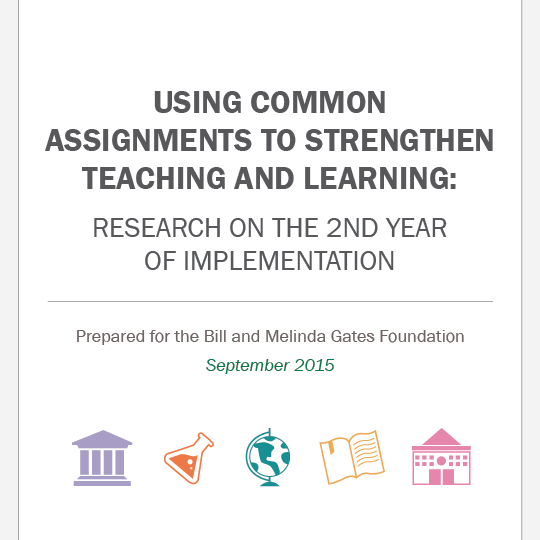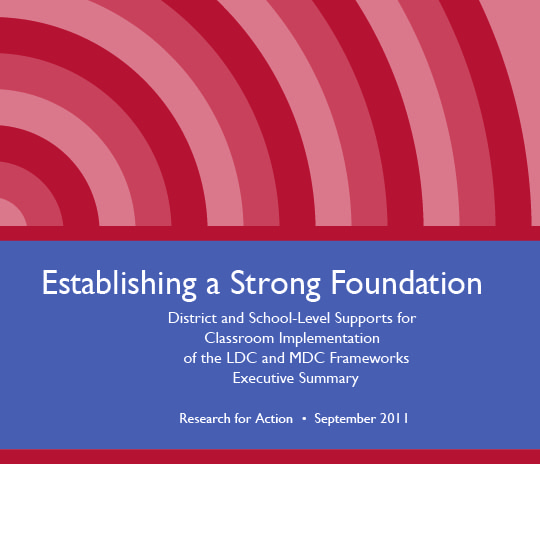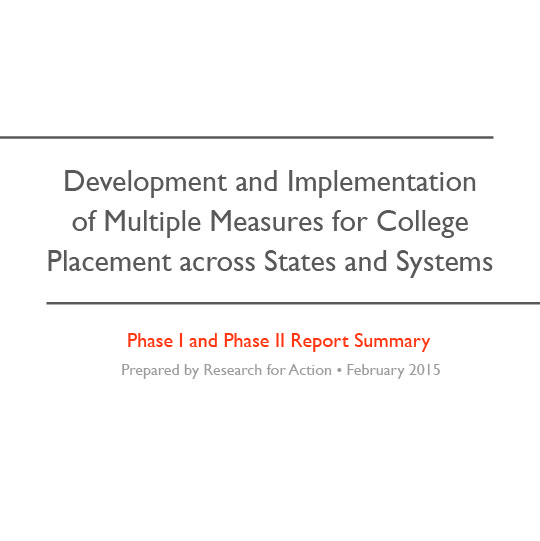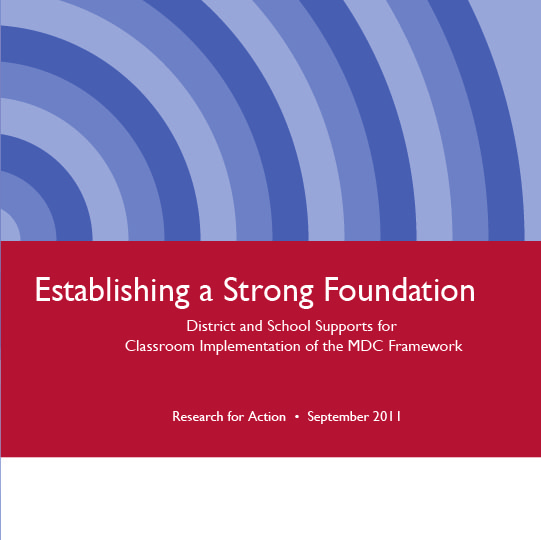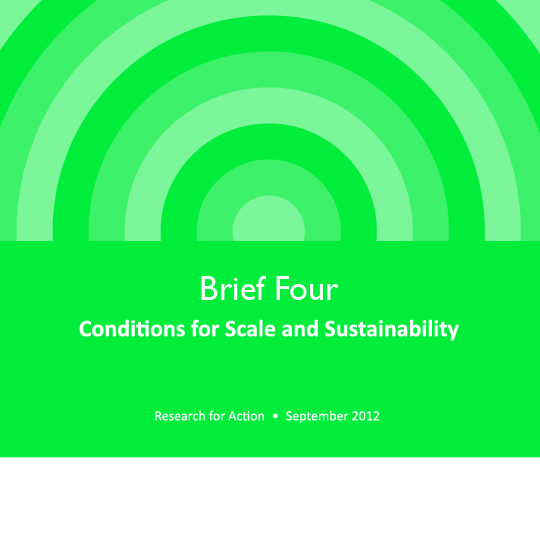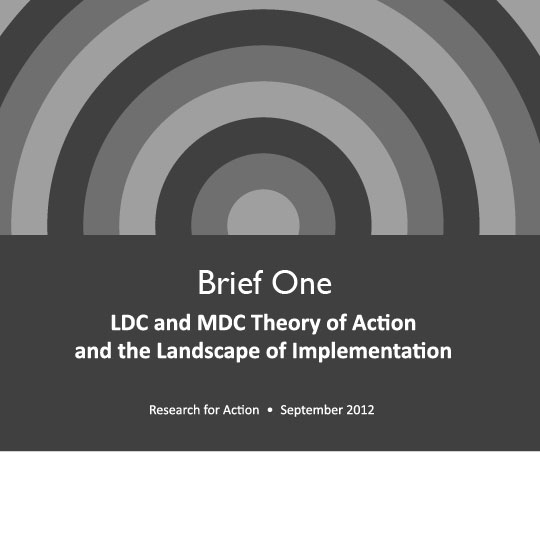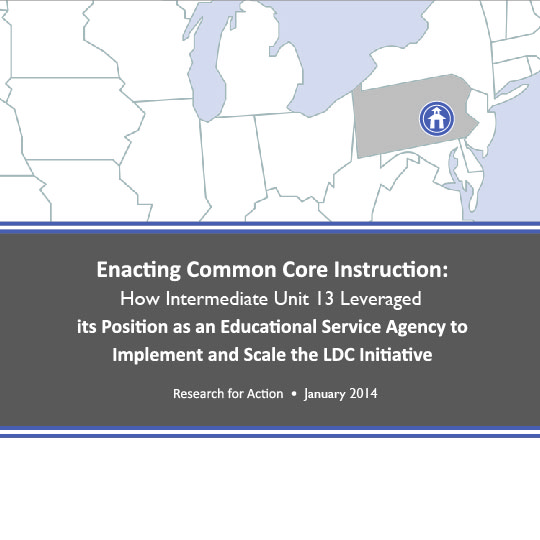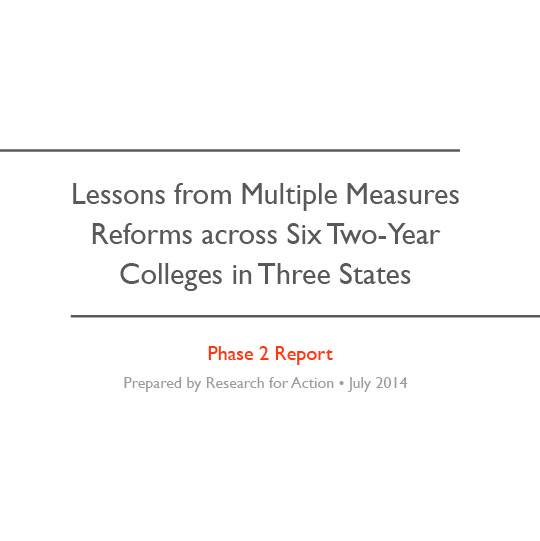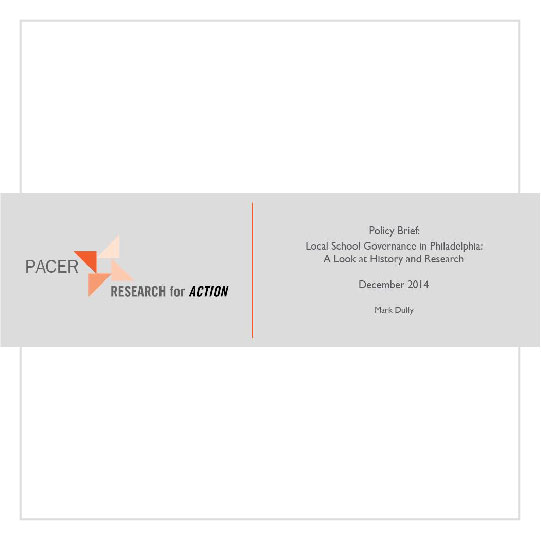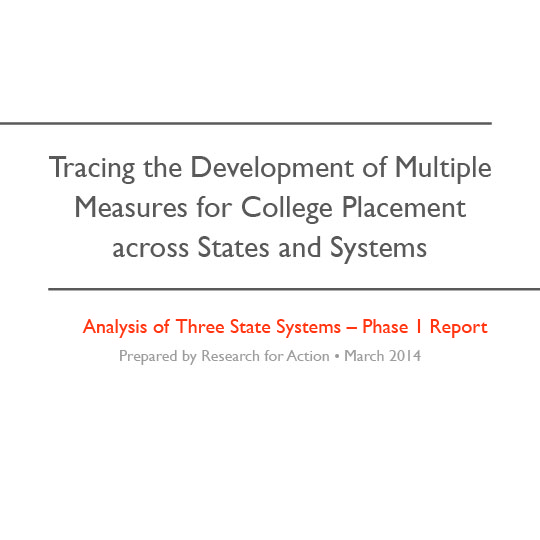Mark Duffy
Senior Research Associate
Pronouns: He/Him
Degrees
- M.S. in Public Policy: Rutgers University
- B.A. in American Studies: University of Mary Washington

About Mark Duffy
Mark Duffy has worked in the field of education policy and practice research for nearly two decades, focusing on both K-12 and postsecondary reform in areas such as standards-based assessment and accountability systems and developmental education.
In K-12 education, Mark has led RFA’s work on community schools and personalized education and contributed to research on the implementation of curricular tools, as well as evaluations of after-school programs in Philadelphia and the Say Yes to Education initiative in Cleveland. In postsecondary education, Mark led RFA’s work on diagnostic assessment and multiple measures placement, contributed to RFA’s research on outcomes-based funding, and is working with Jobs for the Future on their Student Success Center initiative across 15 states. Mark has also contributed to briefs on multiple education policy issues, including trauma-informed care in education, teacher evaluation and performance pay, charter school authorization, high school exit exams, and school vouchers.
Previously, Mark consulted for the Rodel Foundation of Delaware and contributed to the state’s successful round one application for Race to the Top funding. Prior to that, he was a consultant and full-time researcher with the Consortium for Policy Research in Education (CPRE) at the University of Pennsylvania and Teachers College, Columbia University. Along with work on standards-based reform across the states, his research at CPRE included work on school funding, teacher preparation, and the national assessment of Title I.
Mark has been published in a number of articles and reports and has co-authored multiple book chapters. He received his Master of Science degree in Public Policy at the Bloustein School of Planning and Public Policy at Rutgers University.
